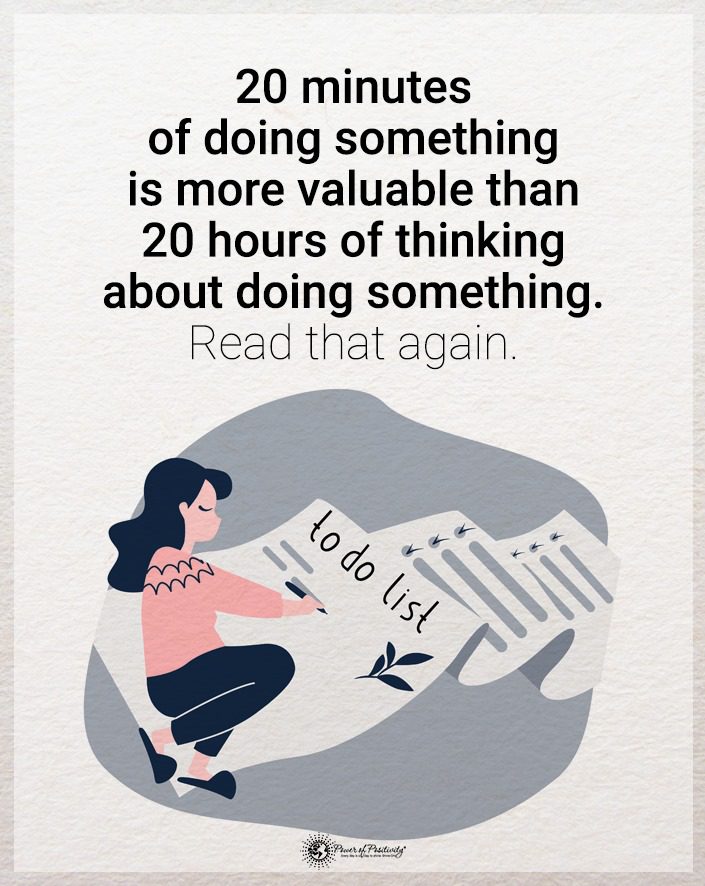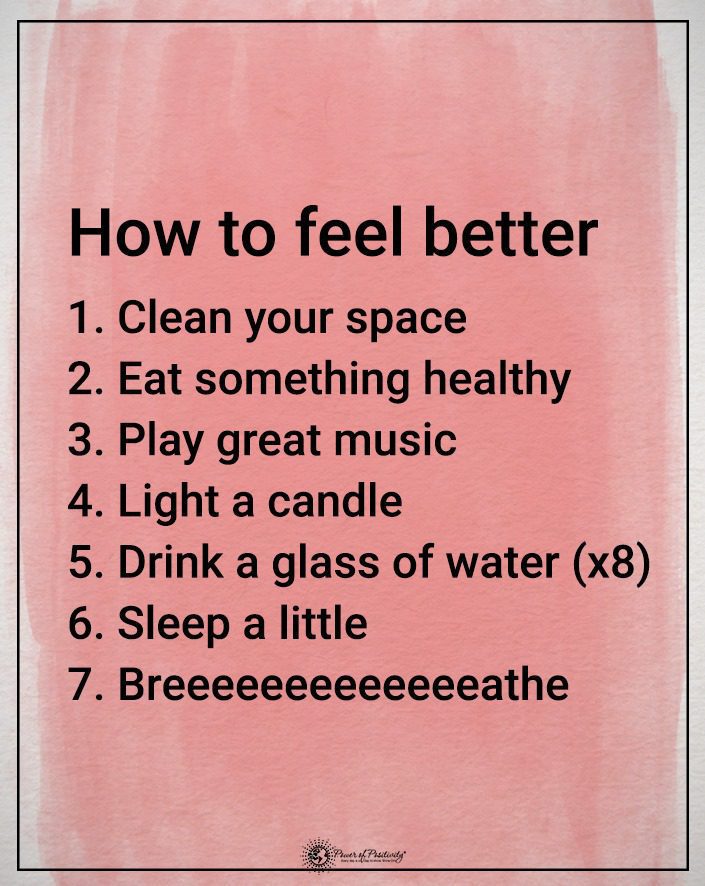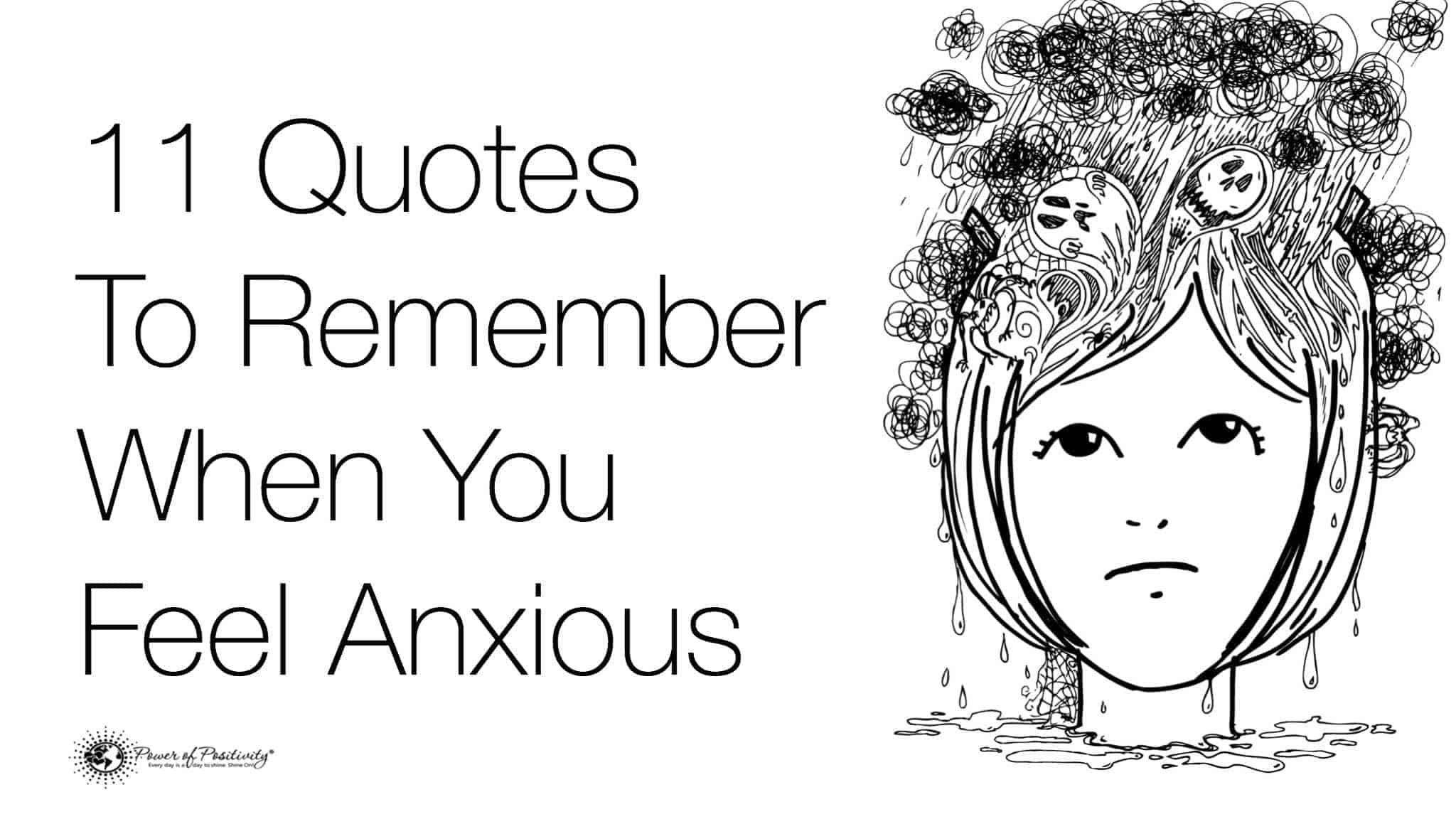Infidelity is a painful experience, and it can be cancerous to a relationship if the offended party doesn’t handle it with finesse. If you want to survive infidelity, you will probably go through every emotion and under the sun and feeling insecure about yourself and your relationship.
You can make it through the pain and even save your relationship if you can take steps to preserve your emotional well-being and reestablish trust. The following are five steps that will help you survive infidelity and come out of it stronger than before.
5 Steps Will Help You Survive Infidelity
1. Feel Your Emotions
The first rule of how to survive infidelity is to feel all of the emotions that will come to you. A breach of trust is a death of sorts. It will be painful for you to lose the trust that you had in your relationship, but you can get past it if you allow yourself to grieve.
You must experience all the stages of grief, and you must be mindful not to stifle yourself during any part of it. There is nothing wrong with feeling angry or sad or even being in denial over it for a little while. One day you will finish bargaining and get to the stage of acceptance.
You are a unique person so your healing will not occur in the same amount of time that someone else’s healing might occur. Don’t be hard on yourself, and don’t rush to make it happen.
2. Realize That It Isn’t Your Fault
The infidelity may try to affect the way that you view yourself, and you should not allow it to have such power over you. One of the best tips for how to survive infidelity is to refuse to blame yourself for the incident. Infidelity is mostly about the person who committed it and not so much about you.
You may have contributed to the relationship problems in some way, yes. However, you did not cause the other person to go to the arms of another person for comfort. That individual chose to handle the conflicts in such a manner, and there was nothing that you could do to stop him or her stop her. Tell yourself that it’s not your fault and that it is not a reflection of who you are. Say it until you start to believe it, and you can survive infidelity.
3. Spend Time With Supportive Members
Another thing that you can do to survive infidelity is spend time with some supportive people in your life. During this time, you need to have a support system around you that are willing to listen to you and comfort you as you heal. It can be friends, family members or a personal counselor, coach or pastor. Talking it out will help you get over it and survive infidelity.
4. Pamper Yourself
You’ve just gone through a lot as infidelity is taxing on your emotions. An excellent way to get through it is to pamper yourself. Pampering is one of the most effective survive tips you can get. The act involves engaging in activities that make you happy temporarily.
Examples of pampering activities are going on a shopping spree, exercising, listening to music, taking a cruise, watching a movie at the theater and so on. You can do any of those activities to improve your mood temporarily and forget what has happened. You’ll have to put in some grieving time later, but you should go out and have fun at least once a week until you start to feel the pain subside.
5. Forgive the Other Person
Forgiveness is a requirement for many reasons. Spiritually, it unties you from the bondage of having a negative entity control you. Psychologically, it removes compulsive negative thought processes. Emotionally, it stops you from beating yourself up and taking the pain personally. Forgiveness is on the top of the list of survive tips because you can’t survive without doing it.
Forgiving someone is not the same as condoning what they did, and it is not the same as forgetting what they did either. It’s the process of letting go of the anger, resentment and thinking patterns that can infest your soul so that you can receiving healing and cleansing. It will take time, but you do have to get to the point where you can release grudges and anger.
You can survive infidelity either with or without our partner. Take your time and try the steps mentioned above to heal from the incident and move on. Remember above everything else that time is a factor. Healing does take time, so you should not give up if you don’t see immediate results. Keep the faith and remember that you live in an imperfect world with other human beings. You can turn this unfortunate incident into a tool that can make you a stronger person. Keeping living and striving to become a better you.











